| Previous
Page |
PCLinuxOS
Magazine |
PCLinuxOS |
Article List |
Disclaimer |
Next Page |
De-Googling Yourself, Part 1 |
|
by Agent Smith (Alessandro Ebersol) 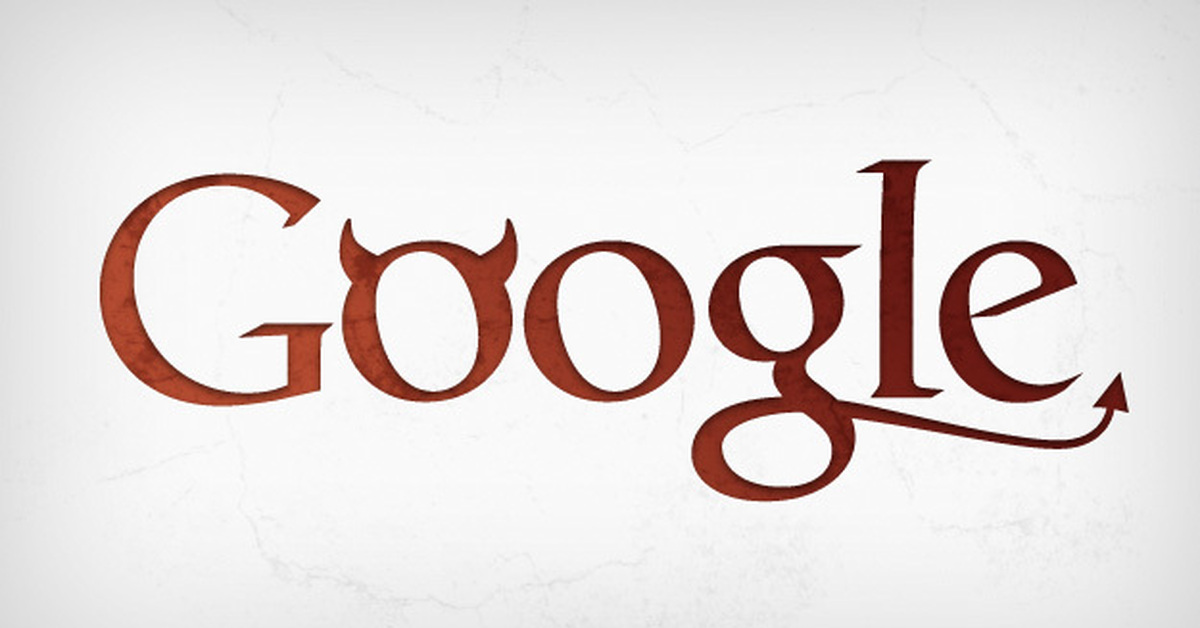 I want to start this article with a joke ... Yeah, it's kind of old, but, more current than ever. Google Pizza
- Hello! Gordon's Pizza?
- So, wrong number? How pity.
- Okay then, I'll make my request, shall I?
- The usual? You know me ?
- OK! That's right!
- What? I hate vegetables.
- How do you know?
- Okay, but I do not want this pizza! I'm already on medication ...
- I bought more from another pharmacy.
- I paid with money.
- I have another source of money.
- WHAT THE HELL?!? - Enough! I'm sick of Google, Facebook, Twitter, WhatsApp. I'm going to an island without internet, cable television, where there is no cell phone coverage and no one to see or spy on me. - I understand, sir, but you will have to renew your passport first, since it expired five weeks ago. So we start this series of articles, which will address how Google was born, its official (and unofficial) genesis, its dark links with American intelligence agencies, how Google tracks you online, and what are the alternatives for services that the company offers. Of course, I do not want you to think there's hypocrisy here, since the article is running on a Google-owned site (Blogger). I'm also thinking of moving my blog to another platform, so do not accuse me of being a hypocrite. On a second thought, Google was one thing when it started, but over the years, either it became something else, or its true intentions became clearer. * This article was originally posted in a Blogger's blog, a service that belongs to Google, hence this explanation. The Genesis of Google Google was born when two Ph.D. students at Stanford University, Larry Page and Sergei Brin, came up with a search engine idea that would quickly find the most pertinent information in an ocean of data. They registered the Google.com domain name in 1997, and made it the Google company in 1998. 1997 was an important turning point for the search engine. The creators decided that there could be a change in the name of the 'googol' search engine, which has a mathematical as well as metaphorical meaning, as the term 'googol' indicates a large amount of numbers being represented. The domain google.com was registered on September 15, 1997. They formally incorporated their company, Google, on September 4, 1998, into the garage of their friend Susan Wojcicki in Menlo Park, California. Wojcicki eventually became an executive at Google and is now the CEO on YouTube. 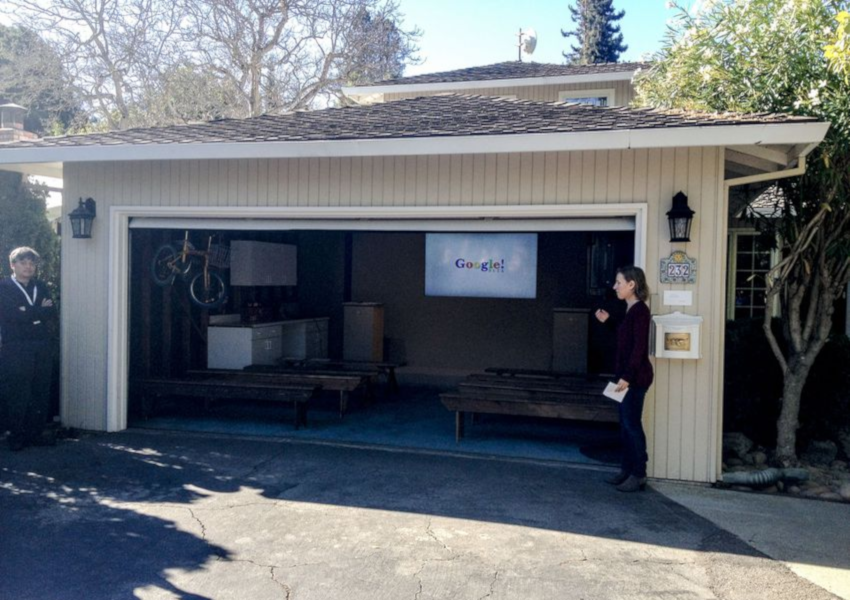 The garage where Google was born The first prototype of Google was Backrub, which in 1996, was a search engine that ran on computers at Stanford University and quickly outgrew its server, with lots of data. It worked long enough, however, to capture the attention of Sun Micro Systems co-founder Andy Bechtolsheim, and in 1998 he invested US$ 100,000 in the yet to be formed Google company. Months later, the small garage startup was chosen as the top search engine of PC Magazine in 1998. Just six years later, in 2004, the sale of Google's IPO gave it a market capitalization of over US $23 billion. 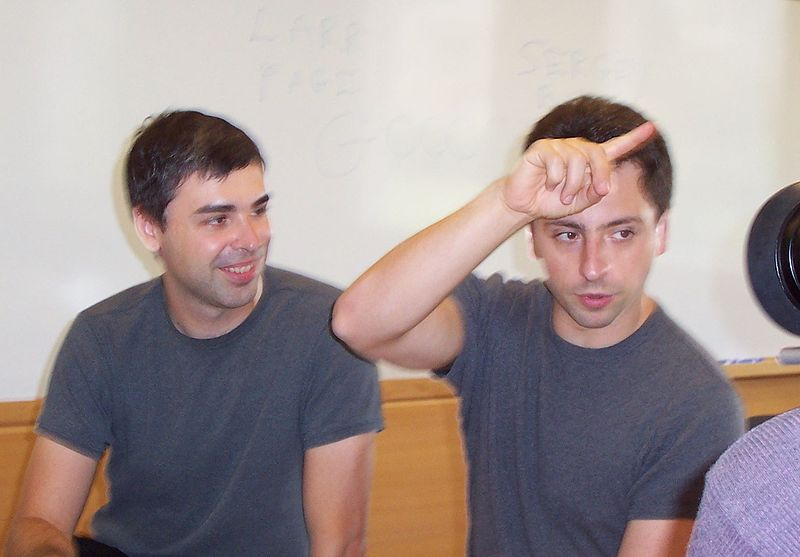 Larry Page and Sergei Brin in 2003 The web crawler, BackRub, started exploring the web in March 1996, with Larry Page serving as the starting point. To convert the backlinks data it collected to a particular webpage in a rank of importance, Brin and Page developed the PageRank algorithm. When analyzing the output of the BackRub that, for a given URL, consisted of a list of backlinks ranked in order of importance, the pair realized that a PageRank-based search engine would produce better results than the existing techniques (essentially, the search engines of that time ranked the results according to the number of times the search term appeared on a page.) Convinced that the pages with the most links to them from other highly relevant web pages should be the most relevant pages associated with the search, Page and Brin tested their thesis as part of their studies, and laid the groundwork for their search engine. The first version of Google was released in August 1996 on the Stanford website. It used almost half the bandwidth of the Stanford network. In the words of its founder, Larry Page: "Some rough statistics (from August 29, 1996) Total indexed URLs: 75.2306 million Total content transferred: 207,022 gigabytes BackRub is written in Java and Python and works on several Sun Ultras and Intel Pentium running Linux. The primary database is maintained on a Sun Ultra II with 28GB of disk space. Scott Hassan and Alan Steremberg provided great help in a very talented implementation. Sergey Brin was also very involved and deserves many thanks." IBM, Intel and Sun were the hardware sponsors for Sergey Brin and Larry Page. In addition, they used GNU/Linux, Java and Python as the foundation software for Google. 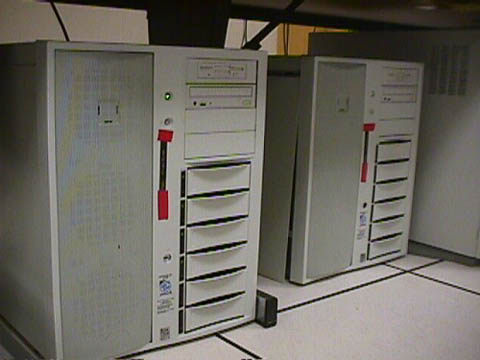 This is the server using only a 300 MHz Dual Pentium II, 512MB of RAM and 9GB of hard drive. In March 1999, the company relocated its offices to 165 University Avenue in Palo Alto, home to several other notable Silicon Valley technology startups. After rapidly outgrowing two other locations, the company rented a complex of buildings in Mountain View at the 1600 Amphitheater Parkway, from Silicon Graphics (SGI) in 2003. The company has been located there ever since, and the complex has become known since as the Googleplex (a pun in the word googolplex, a number that is equal to 1 followed by a googol of zeros). In 2006, Google bought SGI's property for $319 million. By the end of 1998, Google had an index of about 60 million pages. The Google homepage was still marked "BETA," but an article on Salon.com already stated that Google's search results were better than those of competitors, such as Hotbot or Excite.com, and praised it for being more technologically advanced than the search engines such as Yahoo!, Excite.com, Lycos, Netscape's Netcenter, AOL.com, Go.com and MSN.com, that back then, during the growing internet bubble, were seen as "the future of the Web," especially by stock market investors. 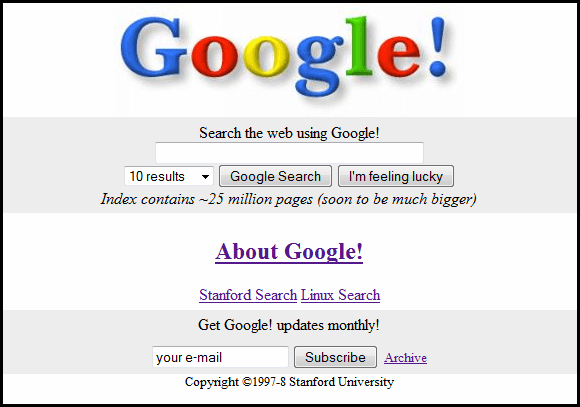 Google's home page in 1998 Earlier in 1999, Brin and Page decided they wanted to sell Google to Excite. They offered Excite's CEO, George Bell, to sell it (Google) for US $1 million. He rejected the offer. Vinod Khosla, one of the major venture capitalists in Excite, convinced the pair down to $750,000, but Bell still rejected it. In 2002, Google began to further assist businesses with their Google Search Appliance and added the price per click to their Adwords. In 2003, Google acquired Pyra Labs and announced Google AdSense. AdSense allows businesses to connect with large advertiser networks. Google also launched Google Grants, a non-profit edition of AdWords. In 2004, on April 1st, Gmail was released, first an invitation-only service. Now, it has more than 425 million users. Google also acquired Picasa. In addition, Google listed itself in the stock market, offering the public 19,605,052 class A shares at US $85 each. In December, Google established Google.org, which was dedicated to the idea that technology can change the world. 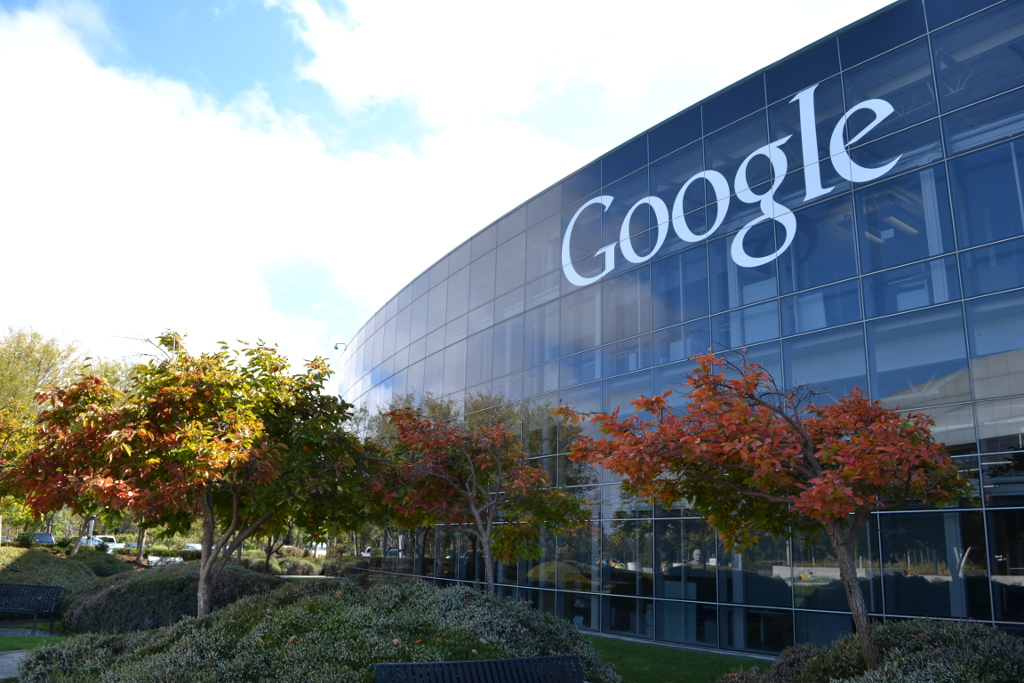 Googleplex building, Google's current headquarters So were the first years of Google. And, this was the official story, the one we all know, the one in the books and magazines. But ... it was not the whole story. The history of Google, behind the history of Google ... In the mid-1990s, the intelligence community in America began to realize that they had an opportunity. The supercomputer community was just beginning to migrate from universities to the private sector, led by investments from a place that would come to be known as Silicon Valley. Information gathering may have been its business, but the Central Intelligence Agency (CIA) and the National Security Agency (NSA) had come to realize that their future would likely be shaped outside the government. It was at a time when the Clinton administration's military and intelligence budgets were in danger, and the private sector had vast resources at its disposal. If the intelligence community wanted to conduct mass surveillance for national security purposes, it would require cooperation between the government and emerging supercomputing companies. In 1999, the CIA set up its own venture capital investment company, In-Q-Tel, to fund promising startups that could create useful technologies for intelligence agencies.  In-Q-Tel logo And, here begins the obscure history of Google. In 1994, as we saw above, the two young Stanford University PhD students, Sergey Brin and Larry Page, made their discovery in the first automated web crawling and page ranking application. Brin and Page carried out their work with funding from the Digital Library Initiative, a multi-agency program of the National Science Foundation (NSF), NASA and DARPA. That is, even in the research phase, of what would become the Google search engine, there was already funding from American intelligence agencies. In-Q-Tel, the CIA playing in the private sector. Founded in 1999 as a way for the US to follow the rapid innovation in science and technology, In-Q-Tel has been an initial supporter of start-ups later acquired by Google (GOOG), Oracle (ORCL), IBM and Lockheed Martin (LMT). While IQT originally served largely the CIA's needs, the company now supports many of the 17 agencies within the US intelligence community, including the National Geospatial-Intelligence Agency (NGA), the Defense Intelligence Agency (DIA) and the Department of Homeland Security Science and Technology. The company acts in a semi-transparent way: In-Q-Tel issues a press release whenever it sponsors a new company, but does not disclose the amount of the investment nor the product on which it concentrates. It is believed that the relationship can lead to the development of off-the-shelf products specifically tailored for the CIA. A spokesman for an In-Q-Tel-funded company told Forbes that its investment focused on a specific project with a one-year deadline, refusing to provide further details. Many companies listed on In-Q-Tel's investment site page are secret. According to the Washington Post, "Virtually any American businessman, inventor or research scientist working on ways to analyze data probably received a phone call from In-Q-Tel, or at least was surveyed by its team of technology watchers.” Here is a list of companies and projects maintained by in-Q-Tel (at least those visible to the public): https://en.wikipedia.org/wiki/In-Q-Tel#Investments What influence does In-Q-Tel have on Google and its products? In 2004, Google acquired Keyhole Inc., the company that developed the technology behind Google Earth. This startup was funded by In-Q-Tel. The technology is currently employed by US military and intelligence systems in their quest, in their own words, for the "full spectrum dominance" of the planet. In addition, Google's link with the CIA and its private arm (IQT) extends to the sharing of at least one member of Google's staff. In 2004, In-Q-Tel's technology evaluation director, Rob Painter, moved from his former job directly to the CIA's service, to become "Senior Federal Manager" at Google. As Robert Steele, a former CIA official, said: Google is "in bed" with the CIA. But, it gets worse ... Given Google's alleged concern about "human rights" and user privacy, it's worth noting that Wired magazine reported for some time that Google's friends at In-Q-Tel have invested in Visible Technologies, a software company specializing in monitoring social media. Visible Technologies can automatically examine over one million discussion forums and posts on blogs, Flickr, YouTube, Twitter, Amazon, and so on, every day. Visible Technology also "scores" each item online, assigning it a positive, negative, mixed or neutral state, based on parameters and terms defined by its technology operators. Information, thus summarized, can then be more effectively digitized and read by human operators. There is also the Prism project, where the NSA collects internet communications from various American Internet companies, which was exposed by Edward Snowden in 2013. So, we have finished the first part of this series of articles, addressing the origins of Google and their partners, both visible and hidden. Stay with us, next month we'll address how Google captures your data, monitors your internet presence, and what to do to mitigate this intrusion. |




